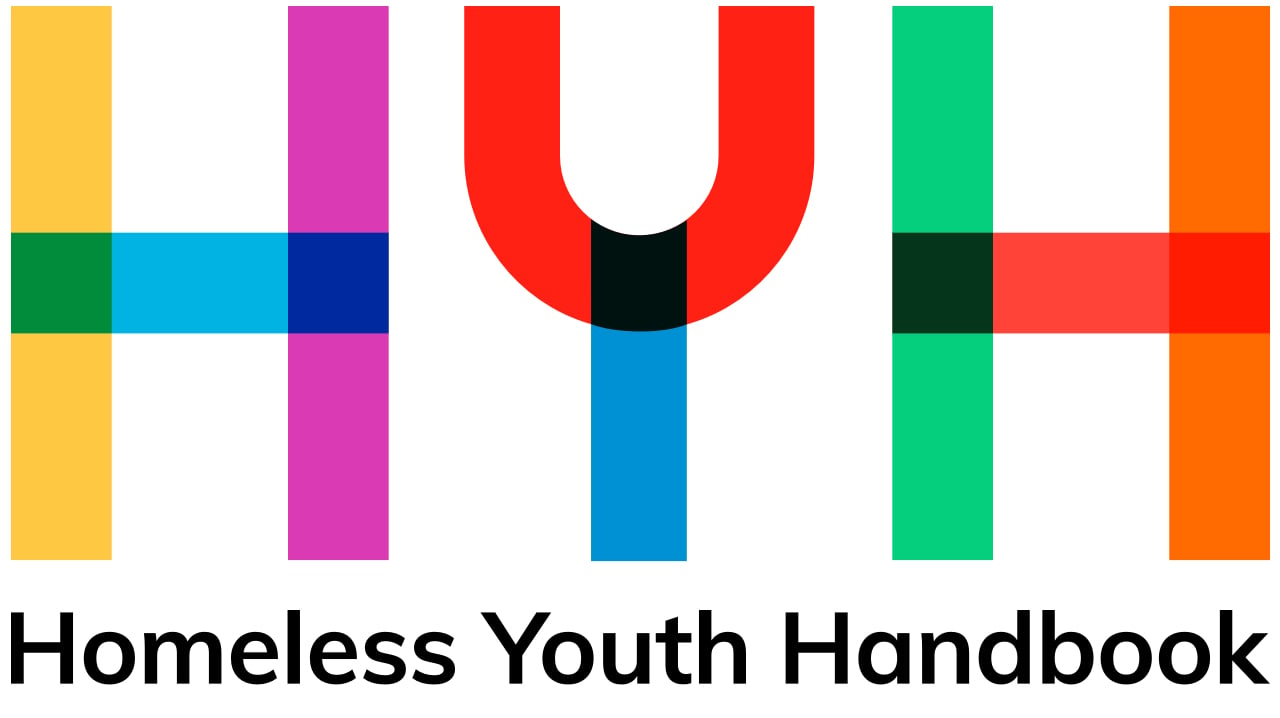Washington, D.C.
Foreword
PROUD TO SERVE CHILDREN AND YOUTH EXPERIENCING HOMELESSNESS
- How does a 15-year-old gifted student with a disability know she has the right to stay in the school she has attended for two years when her family becomes homeless?
- What does a 20-year-old do to replace his state issued ID to start a new job if he has no identifying documents and no parents?
- Where can a pregnant 16-year-old find out how to qualify for prenatal care?
Life is really challenging when you don’t have a consistent place to sleep each night and don't know when you will see your next meal or where to turn for support. Some questions seem easy, like “where do I get an ID?” But the solutions are hard to come by, and failure means you could lose the job that was going to help pay for a rented room. So a youth ends up sleeping another week in public parks. Other questions seem daunting and complex, like “can they kick me out of my school just because my parents lost their house?” But actually, the law is very clear that all children have an absolute right to remain in their school despite losing a stable home. Still, reality does not make that legal answer a very practical one for some students. With no one to help, and no resource to explain that a child has the right to stay in their school, it is as if children don’t have these rights at all.
These are the types of challenges we aimed to tackle by coming together to craft the Homeless Youth Handbook -Washington DC. We are volunteers, lawyers, and other professionals who have been guided by expert advocates for homeless youth in Washington, DC who work every day to support, strengthen and empower children and youth experiencing homelessness. The result of this Handbook, the fruit of the efforts of more than 100 volunteers, is to give young people answers to questions and challenges they face simply because of the circumstances life has presented. They need information that is immediate, clear, correct and practical.
Although it may not seem the most obvious need for a child without food, shelter or safety, legal answers are critical for youth in crisis. It is the law that could help youth solve many of the problems that confront them. The law can help homeless youth access benefits and services, achieve protection from those who would harm them, and experience true empowerment to transform their own circumstances. This Handbook aims to put all of that power in a young person’s hands—quite literally. Through a mobile-friendly website, young people and their advocates have 24/7 access to up-to-date information in a format that is understandable and easy to use. This useful tool is accessible on phones, tablets, public computers, or wherever the internet is available.
The Handbook includes answers to each of the questions above and hundreds of others. Youth helped us form the questions, and many people have helped build the answers so that youth can find success and the realization of their rights. We are all very proud to help make that happen.
Wouldn’t it be amazing if every young person in crisis could get to a lawyer to answer their questions? Of course. But that solution may not be realistic in a time of shrinking legal aid resources and growing systemic barriers. We hope this Handbook can be the first step taken by a young person trying to overcome barriers. We hope it helps educate young people, either for their own sake or for that of a friend. To get these innocent youth on their feet, they first must know and understand what the law can provide—only then can they find a way to access it.
As a team, we are so very proud to have helped craft this Handbook as a first step down the path to stability—and ultimately, success—for homeless youth in Washington, DC.
The Pro Bono Team
The Walt Disney Company
Maria Foscarinis
National Law Center for Homelessness & Poverty
Jennifer Ancona Semko
Baker McKenzie



